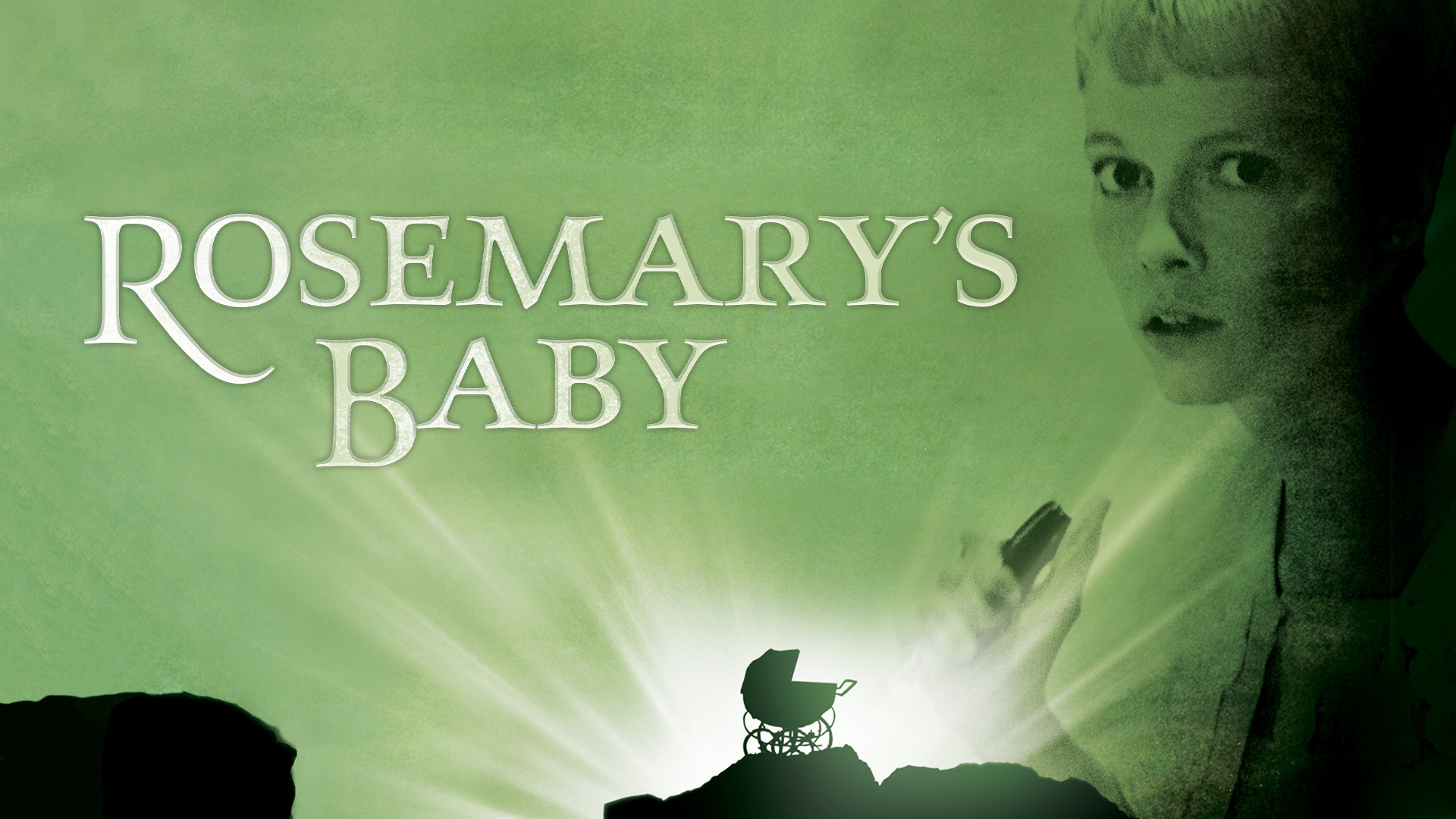Few films have so thoroughly redefined a genre as Rosemary’s Baby, Roman Polanski’s slow-burn descent into paranoia, gaslighting, and Satanic domesticity. It’s not just a horror film—it’s the horror film, a masterclass in tension that doesn’t rely on cheap scares or gory excess, but rather an ever-tightening noose of unease. It takes something as seemingly mundane as pregnancy and turns it into the most harrowing experience imaginable—so much so that one wonders how many women walked out of the theater in 1968 and immediately booked an appointment with their OB-GYN just to be safe.
Mia Farrow delivers a career-defining performance as Rosemary Woodhouse, a sweet, wide-eyed young woman who, over the course of two agonizing hours, is systematically stripped of her agency, autonomy, and—ultimately—her very sense of reality. Her transformation from giddy newlywed to fragile, hollow-eyed victim is one of the most devastating character arcs in cinema. She is gaslit, drugged, manipulated, and treated like a child by everyone around her, including her smug, sellout husband, Guy (John Cassavetes), who quite literally trades his wife’s body to Satanists for career advancement in one of the slimiest betrayals ever put to film.
And then there are the Castevets—Minnie and Roman, played to unsettling perfection by Ruth Gordon and Sidney Blackmer. Oh sure, they seem like kindly, eccentric old neighbors at first, offering up their dubious homemade chocolate mousse and insisting on personal involvement in every aspect of Rosemary’s pregnancy. But as time goes on, their presence becomes suffocating, their meddling more sinister. By the time you realize what they’re really up to, it’s far too late—just like it is for Rosemary.
Polanski directs with the kind of meticulous patience that makes your skin crawl. He rarely shows anything overtly terrifying, but the horror is always there, lurking in whispered conversations, lingering glances, and that dreadful, unshakable feeling that everyone in Rosemary’s life is conspiring against her. Even the dream sequences, which should feel overtly surreal, are disturbingly plausible—so much so that by the time Rosemary wakes up and finds claw marks on her body, we know (far before she does) that this is no ordinary pregnancy.
The true brilliance of Rosemary’s Baby is that it never gives us an easy out. There’s no moment of triumphant revelation, no heroic rescue, no final confrontation where Rosemary breaks free from her tormentors. Instead, we get one of the most chilling endings in horror history. When she finally sees her baby and whispers, “What have you done to him?”, the answer is left to our imagination. And then, in the film’s most disturbing moment, she slowly, reluctantly, begins to rock the cradle. Evil has won—not in a spectacular bloodbath, but in the quietest, most insidious way possible.
Would I recommend it? Unquestionably. Rosemary’s Baby is one of the finest horror films ever made, not because of what it shows, but because of what it implies. It crawls under your skin and festers there, leaving you deeply unsettled long after the credits roll. If you’ve never seen it, remedy that immediately. If you have, watch it again—you’ll notice something new (and horrifying) every time.
Rating: 5 monocles out of 5
For its suffocating atmosphere, masterful performances, and the sheer, gut-wrenching horror of realizing that sometimes, the devil doesn’t need to chase you—he just needs you to live next door.

